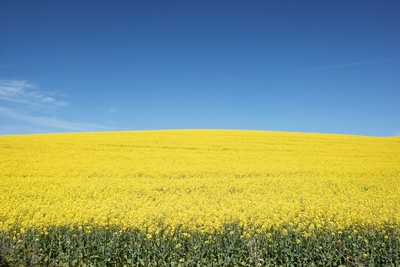One could say that bold words enter the language shouting. An example would be the word AIDS, which was coined in the early 1980s, probably by a journalist, as an initialism for the descriptive medical name of the disease: acquired immunodeficiency syndrome. Because the disease burst upon the world so devastatingly, the word AIDS was in the news just about every day for a number of years.
Other “bold” words, instead of shouting, are shouted at, because people take exception to them. These words and usages often start out as ordinary — what we are calling shy — words, unnoticed until someone with access to  a bully pulpit calls attention to them. Then all linguistic hell breaks out. A limelight turns on, people begin to talk and the shy word is thrust out onto centre stage. An example is hopefully, which had been in more or less quiet use as a sentence-modifying adverb (“Hopefully, that will settle his hash”) for years before language mavens started taking exception to it.
a bully pulpit calls attention to them. Then all linguistic hell breaks out. A limelight turns on, people begin to talk and the shy word is thrust out onto centre stage. An example is hopefully, which had been in more or less quiet use as a sentence-modifying adverb (“Hopefully, that will settle his hash”) for years before language mavens started taking exception to it.
Sometimes “bolding” happens when a heretofore unremarkable usage is misunderstood in a spectacular fashion. This is what happened to Down’s syndrome. A medical organization had decided about 30 years ago, as a matter of policy, to dispense with the apostrophe in the names of diseases named for the person who first recognized and described them. The thinking was that perhaps the possessive form wasn’t appropriate or needed. The outcome in the mass media was that the –‘s form was interpreted as disparaging, and the name Down syndrome became a morally necessary revision. Other disease names, such as Alzheimer’s disease, were caught in this as well. Since that time, the uproar has died down, with different outcomes for different names. Down syndrome has become the standard name for that condition, but after some years of very purposeful use of Alzheimer disease, we now see the name Alzheimer’s (disease) used in most contexts.
Canola has an unusual story; it’s an ordinary word now, but started out as a very bold word when it first appeared in Canada in the 1970s, the result of an important scientific breakthrough. What had been a grain of limited use was now an important source of a highly nutritious oil for cooking, etc. So there was a big splash when the new variety of the rape plant was produced, and it was named canola, from Canada + –ola meaning oil. This was big news. Canola was entered in the Gage Canadian Dictionary in 1983, with an extensive, descriptive definition. In the United States, on the other hand, canola has always been a shy word; it crept virtually unnoticed into U.S. dictionaries several years after being introduced in Canada, and then only because it had begun to appear in lists of food ingredients and therefore needed to be represented — a humdrum and utilitarian process.
New, old, shy, bold… What might your favourite words be? Or your least favourite?
“New words, old words, shy words, bold words” is a four-part series about English words and their origins.
Previous post: Shy Words
